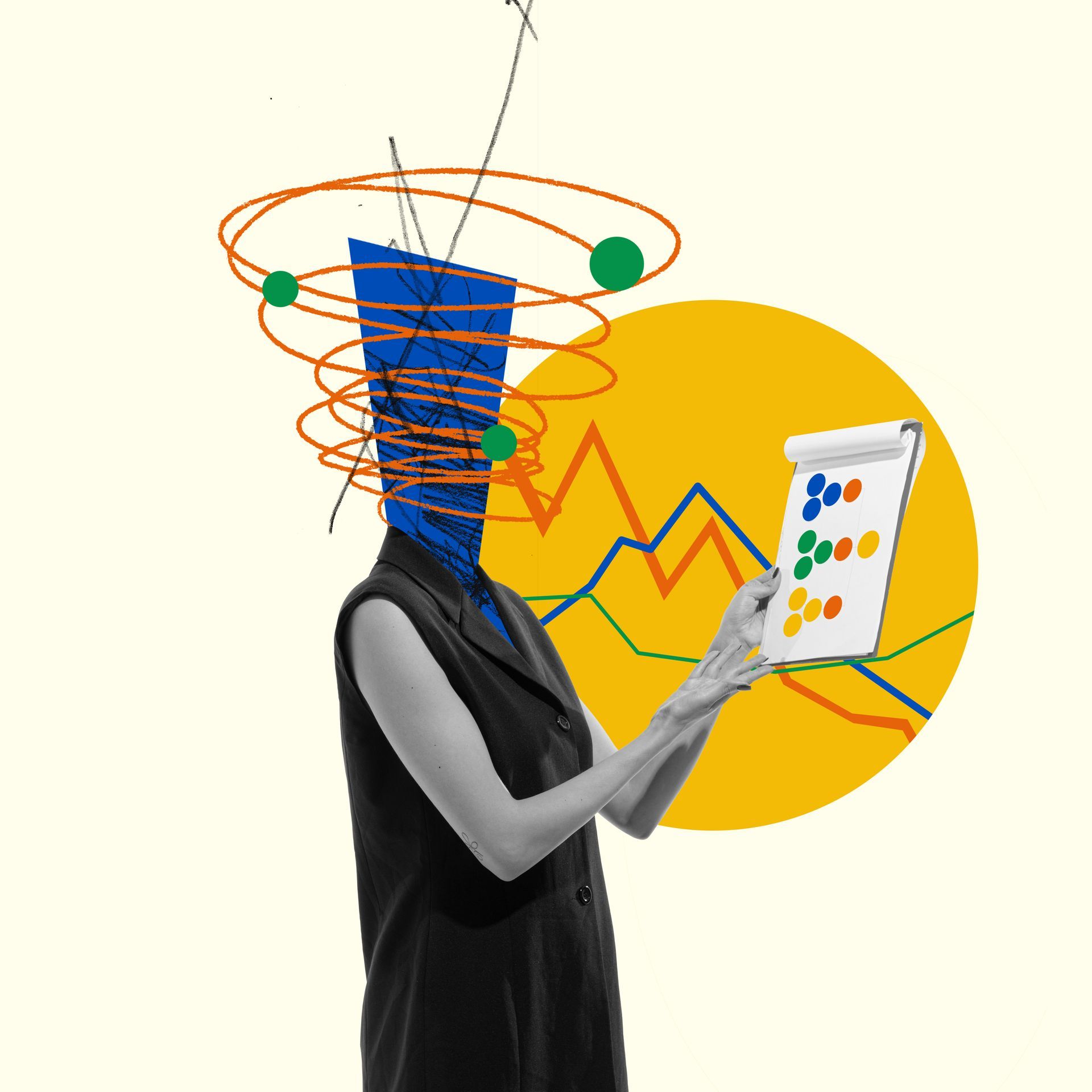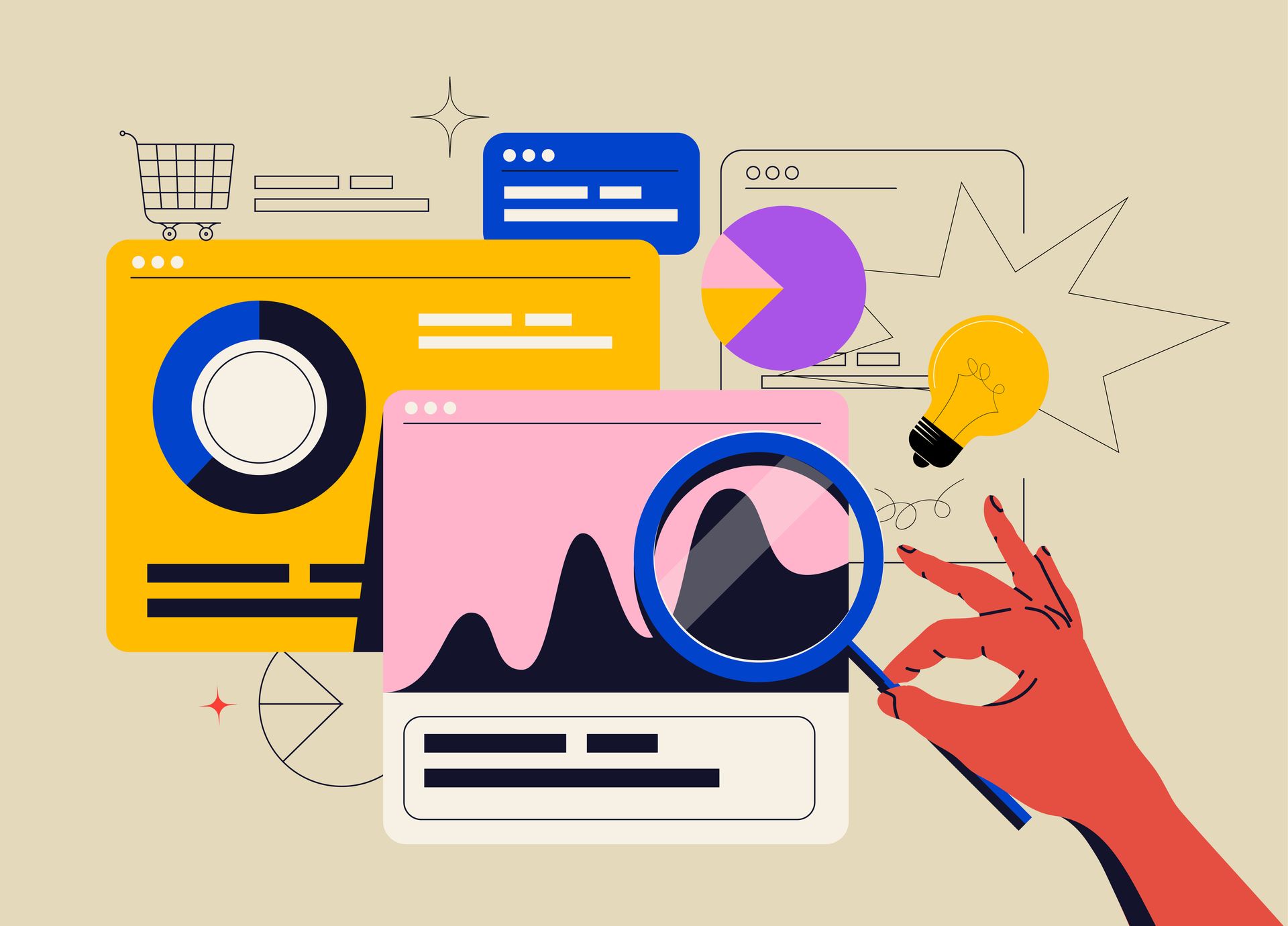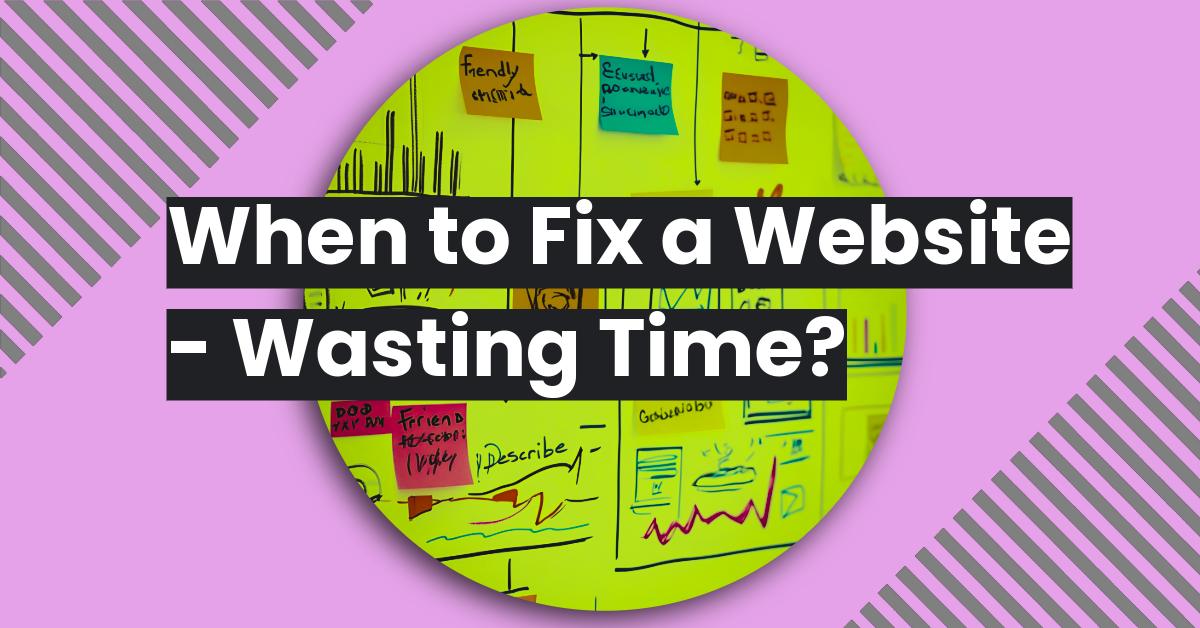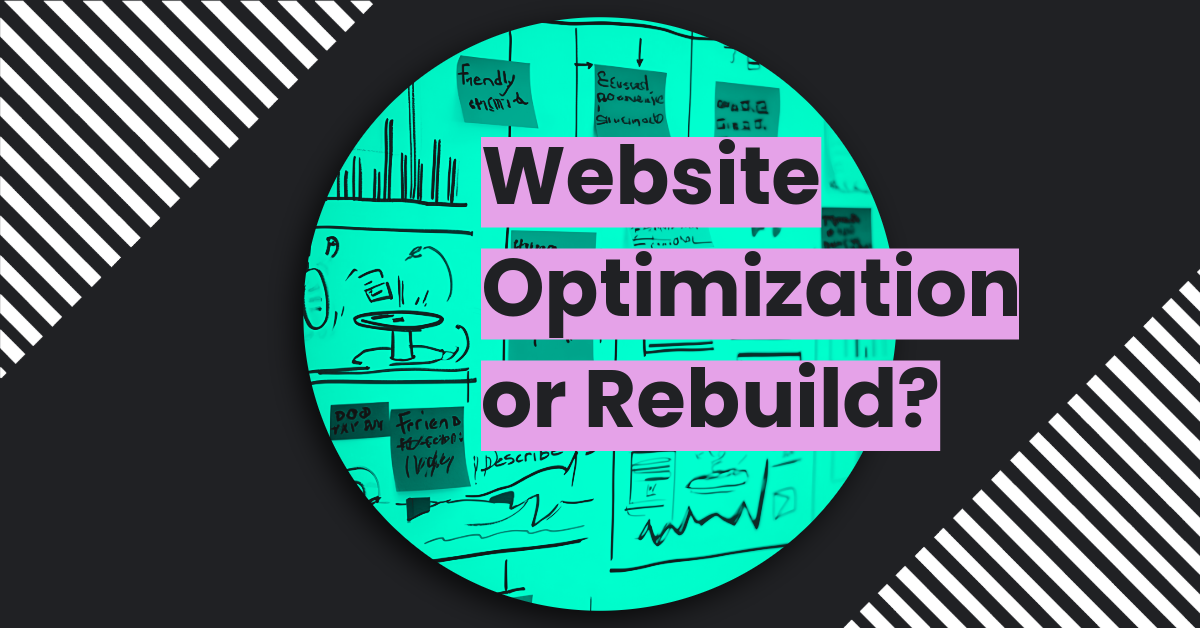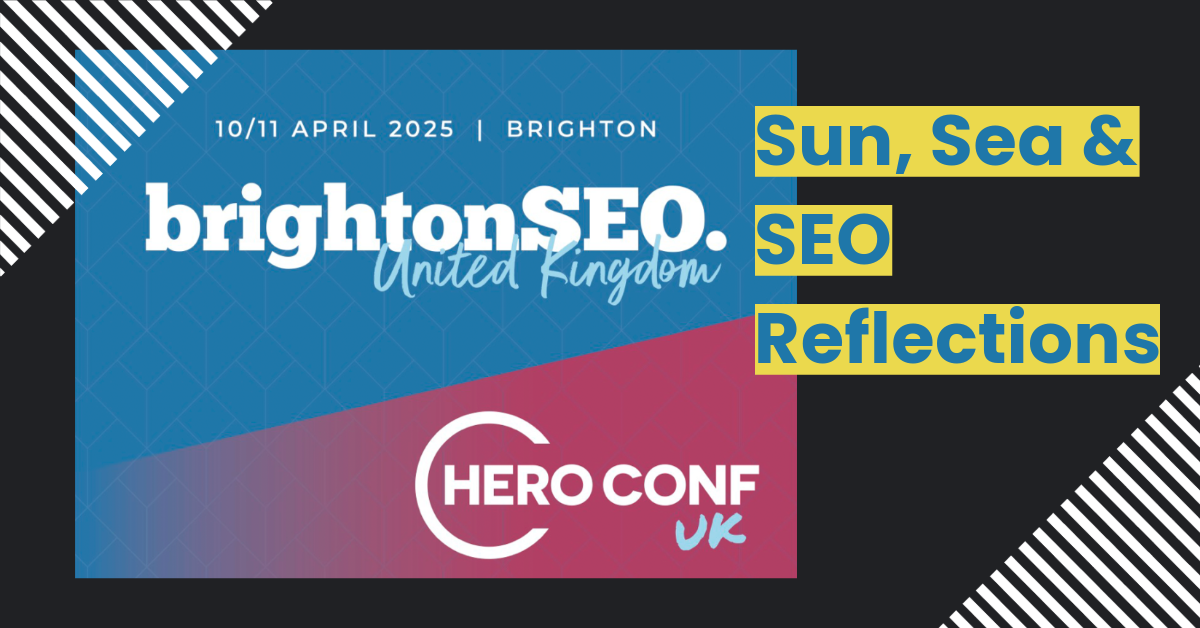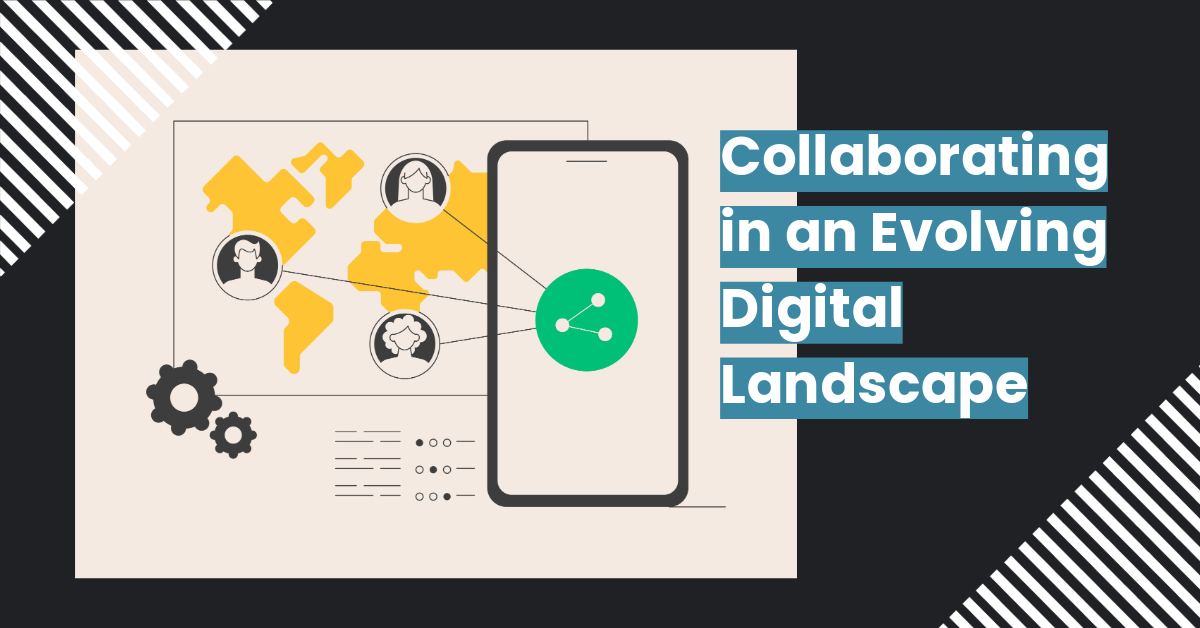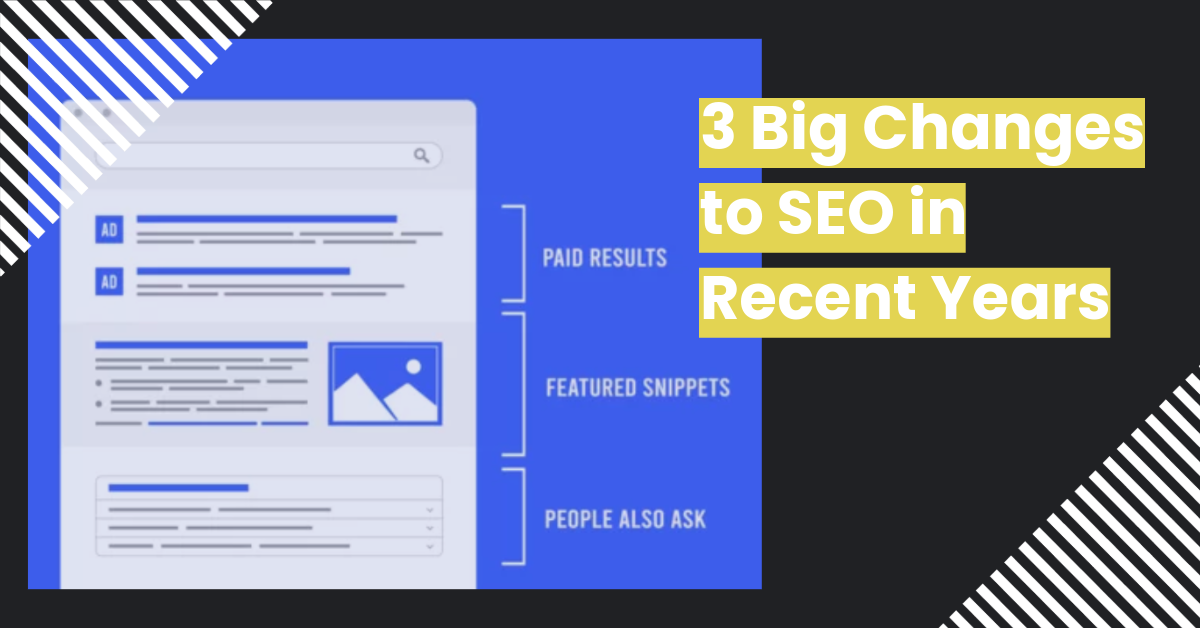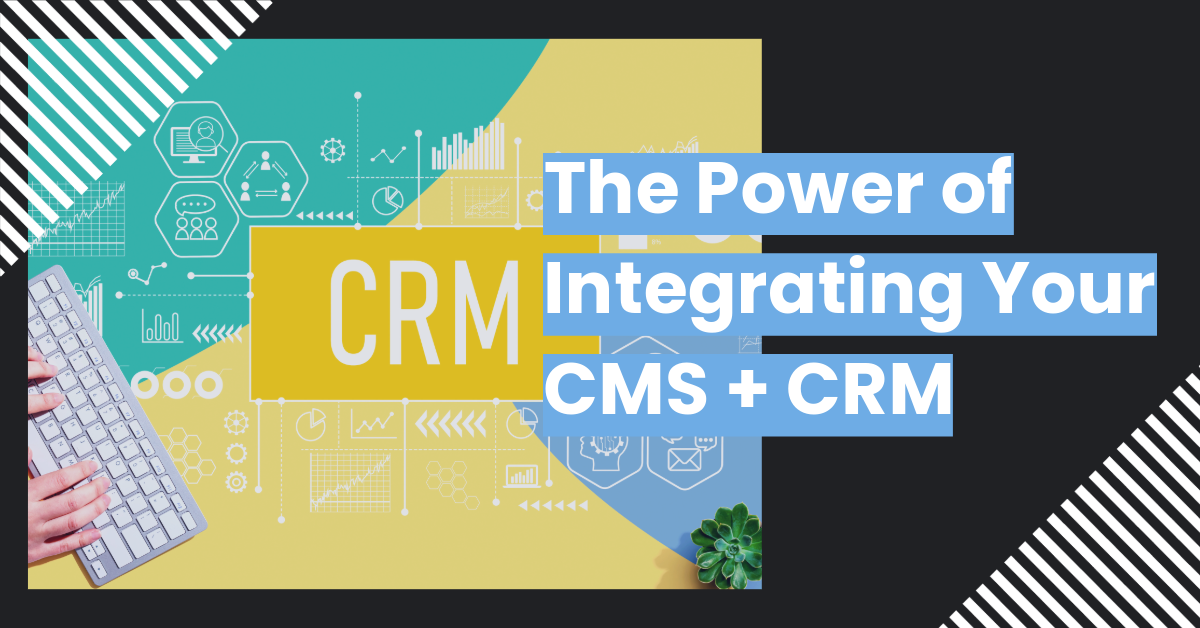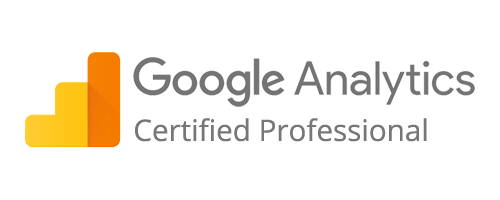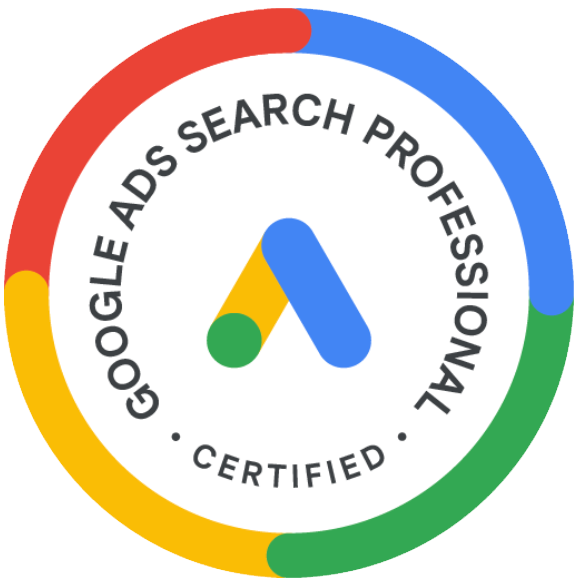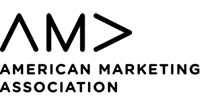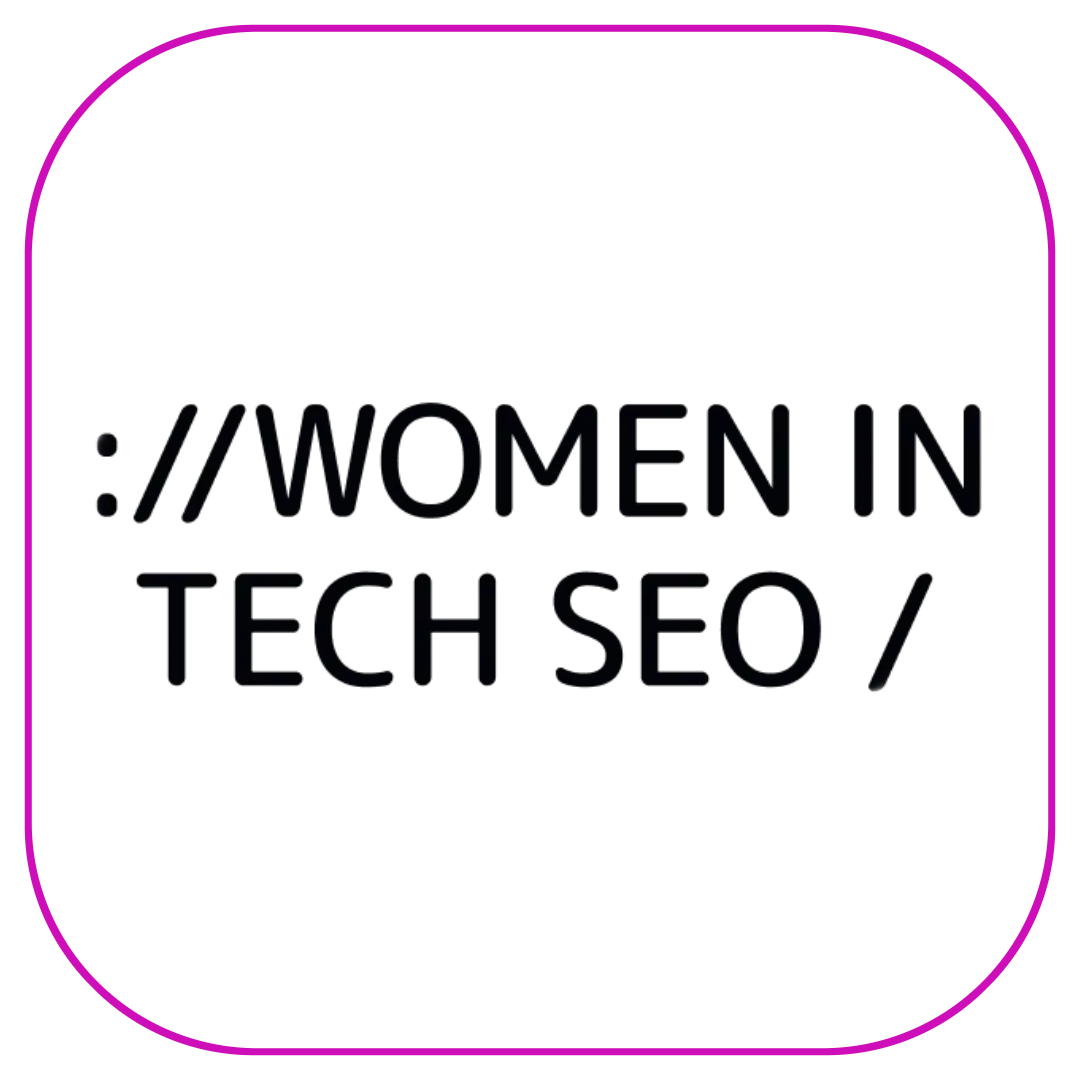Common Digital Jargon
Some Terms You Might Hear Within Digital Marketing or Design Conversations With Us - What On Earth Are We Talking About?!
You may be reading this as you are about to engage in getting some digital work done with us and have found this link in your contract. Or you are have come here from reading another one of our posts, hello!
Whether it's design or digital services we provide, if you strip it right back - we are working in communication, visual, verbal or spoken - so it's important we help folks understand what some of the terms we use in our day to day's are.
Digital marketing and design is constantly changing and updating alongside technology, with that said we are all constantly learning and evolving also (most days), so we hope our small digital glossary helps fill in any blanks.
Never be afraid to ask though, we like questions!
DIGITAL GLOSSARY
Deliverable
It is a term used in project management to describe a tangible or intangible object produced as a result of the project that is intended to be delivered to a customer (either internal or external). A deliverable could be a report, a document, a server upgrade or any other building block of an overall project.
SEO
Search engine optimization (SEO) is the process of improving the volume or quality of traffic to a website from search engines via “natural” or unpaid (“organic” or “algorithmic”) search results as opposed to search engine marketing (SEM) which deals with paid inclusion.
Posts & Optimization
It is a set of methods that are used to generate publicity through social media and platforms, can be blog content or visual media content/ optimization of all.
Search Engines
It is a computer program that is used to retrieve documents from a computer network. Three popular search engines are Google, Yahoo, and Bing.
Client’s Competitor
It is an individual or a company that is in the same exact niche as the client and is targeting same/identical keywords in the same/nearby geographic location(s).
Keyword
Keyword or keyword phrase is a search term(s) that is used to retrieve information through search engines.
Keyword Research
It is a practice used by search engine optimization professionals to find and identify beneficial actions for the business.
Keywords Cannibalization
Several web pages targeting the same keyword(s)
KD%
Is a metric that measures the SEO effort it would take for your content to rank organically in the top 10 results on Google
URL
It is the address of the web page on the Internet.
URL Canonicalization
It is the process of picking the best URL when there are several choices, and it usually refers to home pages.
Link Building
It is a Search Engine Optimization technique that is used to get backlinks (or votes) for a website.
Link Bait
Link bait is any content or feature within a website that somehow baits viewers to place links to it from other websites.
Website Usability
It means how easy it is for visitors to use your website.
UX Design
A user’s experience of the app is determined by how they interact with it.
UI Design
Stands for “user interface.” The user interface is the graphical layout of an application.
Website Accessibility
It means how accessible your web pages are to your visitors and search engines.
User Engagement
Refers to the degree to which a visitor has been positively influenced by the website and is engaged to it.
Conversions
Also known as goals. They can be orders, leads, downloads, page views, signups, traffic, etc.
Conversion Rate
It is the percentage of visits that result in goal conversions.
KPI or Key Performance Indicator
Is used to measure how well an organization or individual is accomplishing its goals and objectives.
Link popularity
It is the measure of the quantity and quality of inbound links (backlinks) to your website.
Confidential Information
It includes but is not limited to, any and all fees, services, documents, recommendations, reports, e-mails, postal mail, courier or phone/skype consultation for the purpose of reporting, recommending or educating the client by agency for carrying out search engine optimization services.
API
Is an acronym for 'application programming interface', and is a software that is developed to let two applications speak to one another. For example you use your phone to get directions on Google Maps, you are using an API
CMS
Stands for 'content management system' which is either an off the shelf piece of software for creating and storing a website, like Wordpress or Webflow and can also be a custom built CMS
CRM
Is a term used to describe 'client relationship management', there are many softwares that can be used to collect customers information for either sales, remarketing and business purposes that can be connected to a website or SAAS platform.
SEM
Stands for Search engine marketing.
DNS
This means 'Domain Name System', for example we may ask for access to your DNS so that we can point your domain to a website we create for you or update settings for a website you have.
